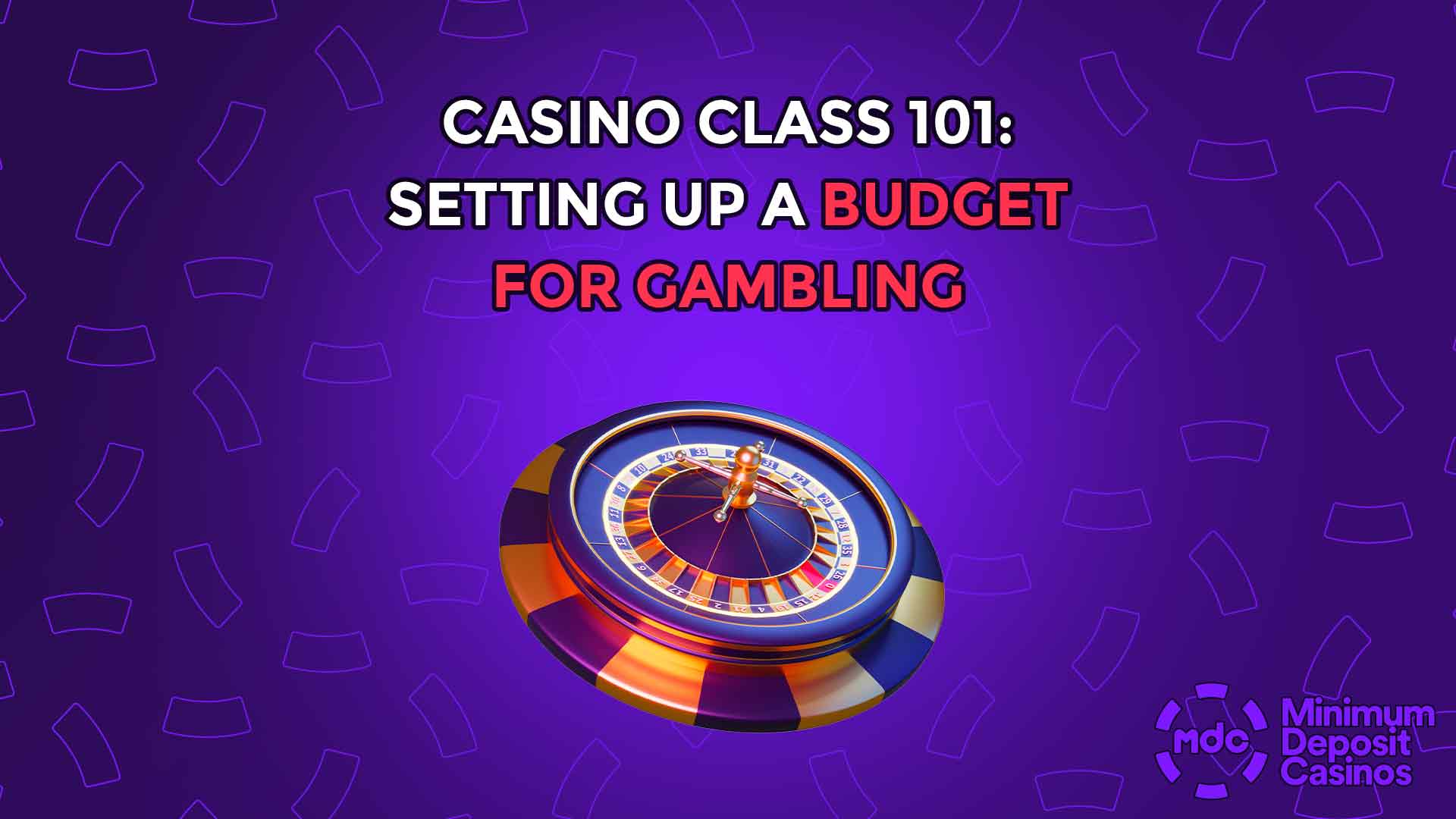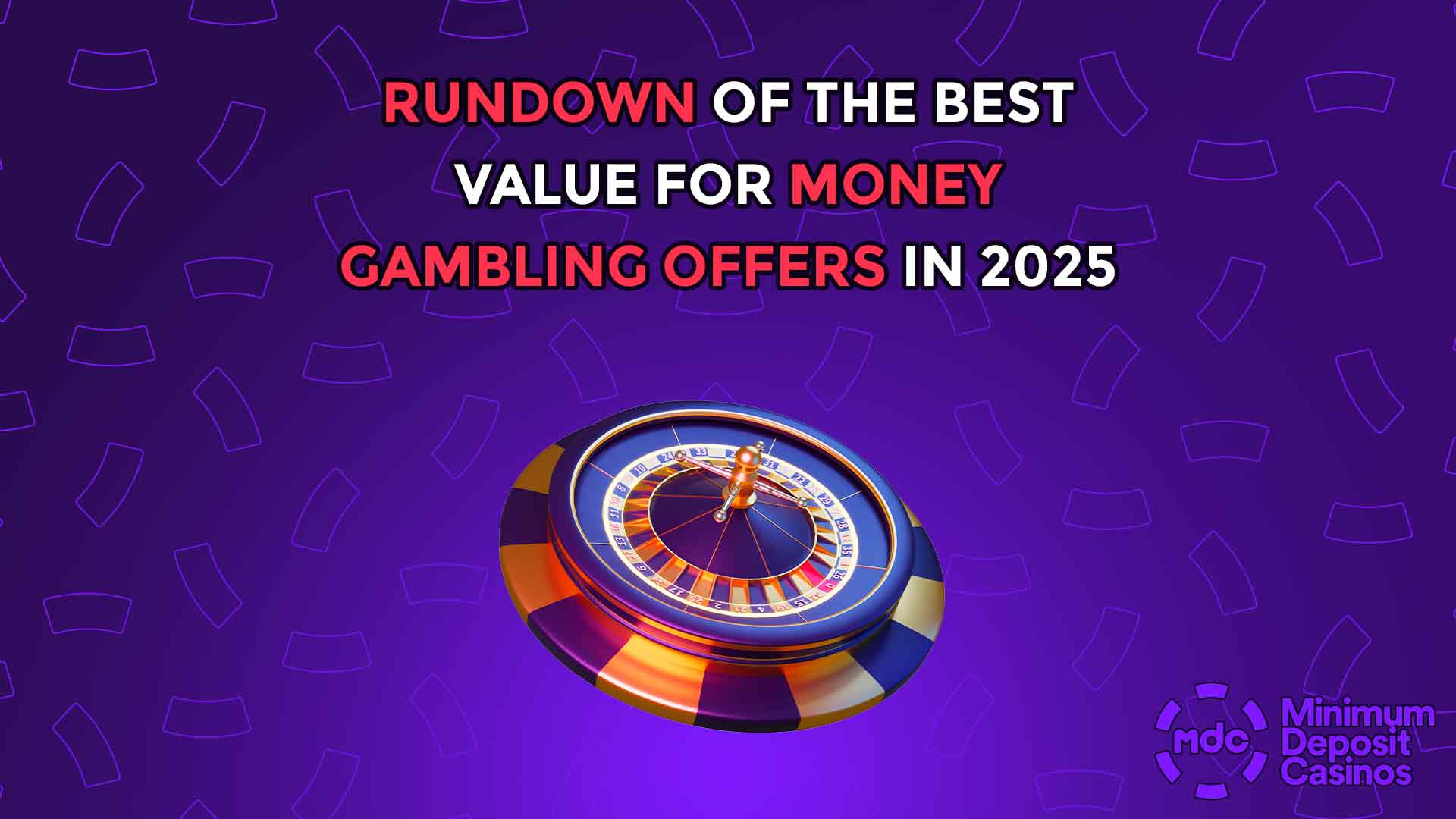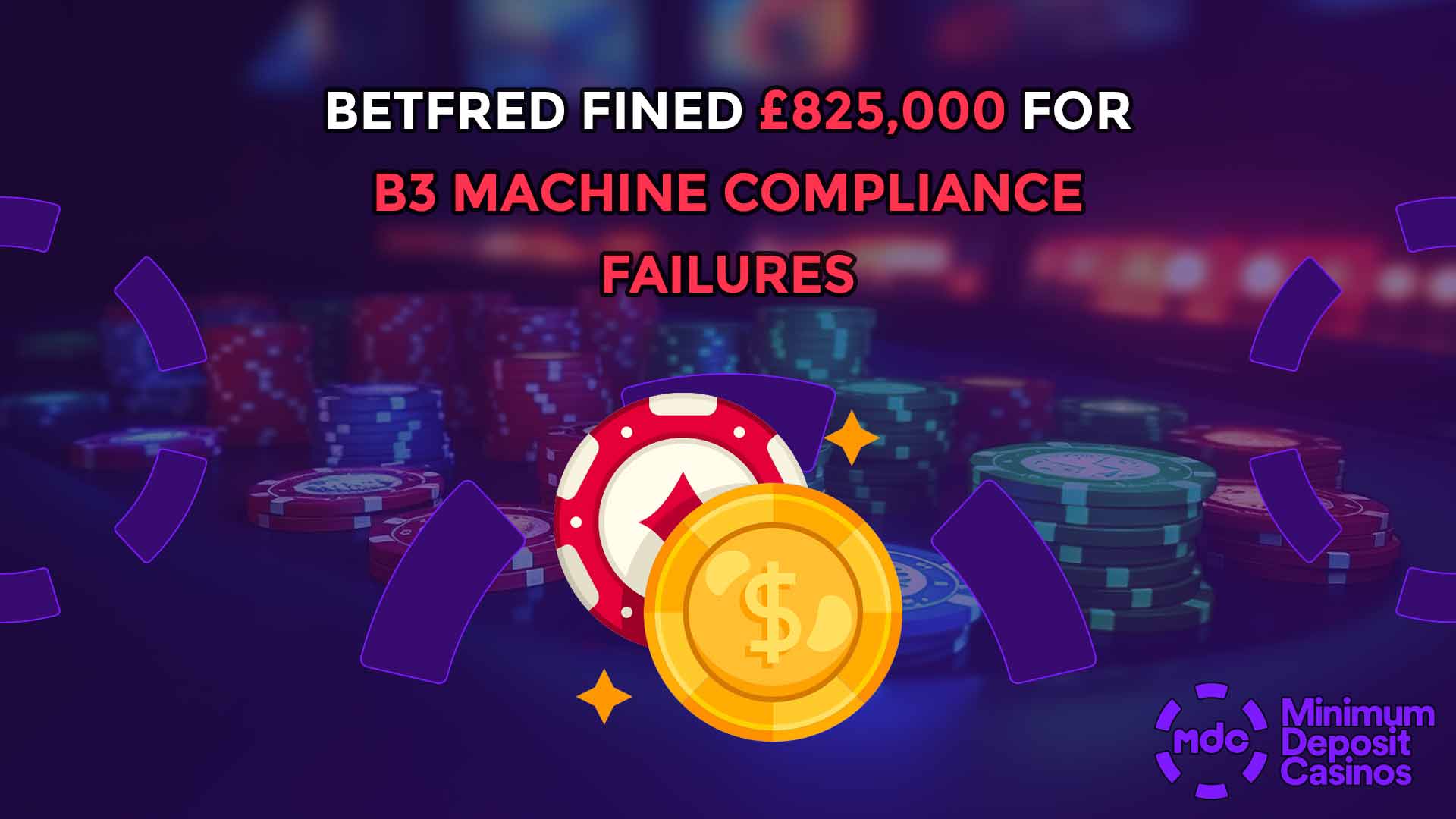Casino Class 101: Setting Up a Budget for Gambling
There’s a kind of thrill that comes with gambling. The buzz of not knowing what comes next, not to mention the hit of adrenaline when things swing your way. That’s part of the fun. But it’s also exactly why a solid, realistic budget isn’t just helpful but absolutely necessary.
When you treat gambling like entertainment and not a shortcut to quick cash, everything changes. The pressure goes down, and you start playing smarter. You’re not chasing losses or spending more than you can afford but having a good time with a plan.
A proper gambling budget keeps things in check. It gives you permission to enjoy yourself without wrecking your finances in the process. And the truth is, if you want to keep playing in the long run, you’ll need that kind of control, especially online, where spending can pile up quickly if you’re not paying attention.
If you’re just starting out at online casinos, or even if you’ve been at this for a while and need to reset, this guide walks you through the essentials: understanding your limits, calculating your budget, picking the right approach, and actually sticking to it. All without getting in over your head.
Understanding Your Gambling Budget
Let’s clear something up from the start; your gambling budget isn’t just ‘fun money.’ Rather, it’s a specific amount carved out from your finances that you’re prepared to lose. That’s right, lose. Because in gambling, nothing’s guaranteed. And if you’re not ready to part ways with that cash, it doesn’t belong in the game.
Your gambling budget should only come from your disposable income. That’s the money left after rent, utilities, food, insurance, transport, savings, and all your other must-pay expenses are covered. It’s what you might normally use for non-essentials like dining out, subscriptions, or travel.
Quick comparison:
| Category | Description | Should you use it for gambling? |
|---|---|---|
| Rent, bills, groceries | Essentials | Absolutely not |
| Emergency fund | Safety net for unexpected events | Off limits |
| Disposable income | Leftover after needs and savings | Yes, but wisely |
| Credit or borrowed money | Debt | Never |
The point of budgeting isn’t to suck the fun out of gambling but to protect what actually matters, and that’s your day-to-day life. That’s what responsible gambling is about: for your own money and your peace of mind.
How to Calculate Your Gambling Budget
This part doesn’t need to be complicated. It just needs to be honest. Here’s a simple breakdown of how to figure out what you can afford to spend on gambling without putting your finances at risk.
Step 1: Assess your disposable income
Start with your total monthly income. Subtract everything essential: rent, food, insurance, debt repayments, savings, emergency contributions. What’s left is your disposable income.
Let’s say you make $3,000 a month. After bills and savings, you’ve got $600 left over. That’s what you can spend freely on hobbies, entertainment, or whatever you like.
Step 2: Allocate a percentage
Gambling experts suggest setting aside between 1% and 5% of your disposable income for gambling. That range gives you some flexibility based on your comfort level.
Using the example above:
- 1% of $600 = $6 (ultra-conservative)
- 3% of $600 = $18 (moderate)
- 5% of $600 = $30 (higher risk tolerance)
Step 3: Set session, weekly, and monthly limits
Don’t dump your whole budget into one weekend. Spread it out. Choose a system that fits your lifestyle.
Here’s one way to map it out:
| Time Frame | Budget | Notes |
|---|---|---|
| Per session | $5–$10 | Low enough to walk away if lost |
| Per week | $15–$20 | Helps avoid streaky impulse plays |
| Per month | $30 | Full budget, never to be exceeded |
Keeping those limits in front of you, for example, on an app or in your calendar, can help keep you grounded. Because once it’s gone, it’s gone. And that’s the deal you made with yourself.
Effective Budgeting Techniques
Budgeting isn’t one-size-fits-all. Some players like routine, others adapt as they go. What matters most is finding a method that keeps you accountable, feels natural, and helps you stay within your limits.
Let’s look at a few practical techniques.
Betting budgets per session
This is the simplest way to go. You decide how much you’re willing to lose before each session and stick to it. If you hit that number (win or lose), you stop.
- Pros: Easy to track; keeps losses small.
- Cons: May limit flexibility if you’re on a winning streak.
Percentage betting
With this method, you bet a set percentage of your bankroll, say, 5%, rather than a fixed dollar amount. As your bankroll goes up or down, so does your bet size.
- Pros: Scales with your success (or setbacks).
- Cons: Can get complex to calculate mid-play.
Confidence-based betting
Here, you vary your bet based on how confident you feel about a specific wager. Maybe you back your bets on sports you follow closely or casino games you’ve mastered.
- Pros: Customisable to your own knowledge.
- Cons: Confidence doesn’t always equal accuracy.
Here’s how to choose the right method for you:
| Method | Ideal For | Risk Level | Notes |
|---|---|---|---|
| Session Budgets | Casual players | Low | Best for consistency |
| Percentage Betting | Bankroll-focused players | Moderate | Requires discipline |
| Confidence-Based | Experienced gamblers | High | Can swing both ways |
What works best often depends on your personality. If you’re conservative, go with session limits. More adaptable? Try percentage or confidence-based betting. Just keep your budget in sight, always.
Tools and Resources for Budgeting
You don’t need fancy tools to manage a gambling budget, but the right ones can make the process smoother and way more transparent. The goal here is to stay informed. Know where your money’s going, how often you’re playing, and whether your habits are shifting without you noticing.
Here’s how to stay on top of it all.
Budgeting apps
Apps like YNAB (You Need a Budget) and Mint are solid choices. They’re built for everyday expenses but work just as well for gambling. You can create categories, set caps, and even receive alerts when you’re close to going over.
Spreadsheets
Old-school? Maybe. But spreadsheets give you full control. You can customise rows for each game or platform, track wins and losses, and make quick notes about how you were feeling during each session (useful when identifying emotional spending).
Reminders and alerts
Set alarms on your phone. Use built-in timers in casino apps (most reputable online casinos offer them). If you’re playing online, take a minute to explore the responsible gambling tools available.
Some platforms let you:
- Set deposit limits; daily, weekly, or monthly.
- Activate cooling-off periods; great if you need a reset.
- Use loss limits to automatically log you out after a certain loss.
If you find these settings hard to stick with, that’s a sign to pause and reassess.
Staying Committed to Your Budget
Setting a budget is the easy part. Sticking to it, especially when emotions kick in is where most people trip up. Indeed, the difference between smart play and reckless play is discipline.
Here’s how to build habits that stick.
Set clear goals
- Ask yourself: Why am I gambling?
- Is it for fun after work? To test a strategy? Just to unwind?
When you know what you’re chasing (and it’s not just wins), it’s easier to control how much you spend. If your goal is to have a bit of fun on Fridays, then blowing your whole budget in one go stops making sense.
Use reminders
Timers, daily alarms, calendar blocks, whatever works for you. Reminders aren’t just about tracking time; they’re a nudge to check in with yourself. How much have I spent? Am I still within my budget? Feeling tired? etc. A quick pause can stop a mistake before it starts.
Do regular reviews
Set a weekly check-in. It doesn’t need to be dramatic. Just glance at your logs or app reports and ask: Am I still on track?
If not, make adjustments. Reduce your per-session limit. Take a break for a week. Or reallocate your entertainment money for a while.
Here’s a useful tracker idea you can steal:
| Week | Total Budget | Amount Spent | Within Limit? |
|---|---|---|---|
| Week 1 | $30 | $25 | ✅ |
| Week 2 | $30 | $40 | ❌ |
| Week 3 | $25 | $20 | ✅ |
Seek support
You don’t have to go it alone. Communities exist on gambling forums, subreddits, and even WhatsApp groups of friends with the same goals. Being open about your limits helps you keep them.
If things feel off, or you’re struggling to stick to your budget no matter what, you can explore self-exclusion tools or speak to professionals. Good luck!






